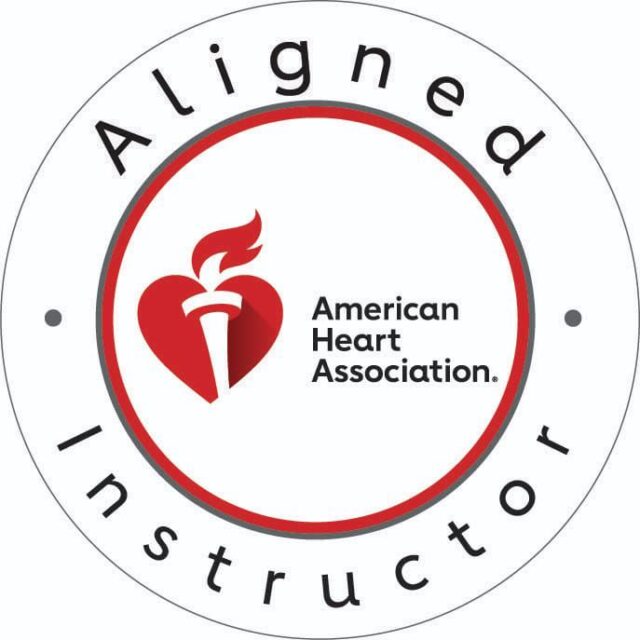One of the reasons to have your loved ones in an assisted living facility is that they ensure quality medical care for assisted living residents. In the realm of assisted living facilities, providing top-notch medical care is paramount to the well-being and satisfaction of residents.
Assisted living communities cater to individuals who require varying degrees of assistance with daily activities, and ensuring they receive quality medical care is essential for their health and happiness. In this article, we’ll explore effective strategies to guarantee high-quality medical care for residents in assisted living facilities.
Do assisted living facilities treat residents who are sick?
Facility staff do not offer treatment to those who are sick; however, they can care for each resident who is struggling with an ailment or another until a health practitioner steps in. What this means is that the level of medical care offered is limited and may vary depending on the facility’s licensing and regulations.
Most assisted living communities have protocols in place to address residents’ health needs, including illness management. Some, on the other hand, employ or contract with healthcare professionals such as registered nurses, licensed practical nurses, or certified nursing assistants who work on-site.
How to Ensure Quality Medical Care for Assisted Living Residents
Here are some ways assisted living facilities can ensure quality medical care for their residents:
1. Thorough Assessment and Personalized Care Plans
Every resident in an assisted living facility comes with unique medical needs and requirements. Conducting comprehensive assessments upon admission is crucial to understanding each resident’s health status, medical history, and specific needs.
Based on these assessments, personalized care plans should be developed to address individual health concerns and preferences. Read our guide on The Benefits of Personalized Client Care and How to Implement it for further guidance.
2. Qualified and Trained Staff
The backbone of quality medical care in assisted living facilities is a team of qualified and trained healthcare professionals. From registered nurses to certified nursing assistants, having staff with the appropriate skills and expertise is essential.
Continuous training and education programs ensure that staff stay up-to-date with the latest medical practices and protocols, and this helps the team offer quality health care to its residents.
3. Collaboration with Healthcare Providers
Another way assisted facilities ensure quality medical care is to establish strong partnerships with local healthcare providers, including physicians, specialists, pharmacists, and therapists. Regular communication and collaboration with these professionals enable prompt medical interventions, timely adjustments to treatment plans, and seamless coordination of care for residents.
4. Medication Management
Proper medication management is critical to preventing medication errors, adverse drug reactions, and complications. Implementing robust systems for medication administration, storage, and reconciliation helps ensure that residents receive their medications accurately and on schedule. Regular medication reviews by healthcare professionals also help optimize treatment outcomes and minimize risks.
5. Emergency Preparedness
Accidents and medical emergencies can occur unexpectedly in assisted living facilities. Establishing clear protocols and procedures for emergency response is vital to ensuring residents receive timely and appropriate medical attention. Staff should be trained in first aid, CPR, and emergency evacuation procedures to handle emergencies effectively.
6. Promotion of Preventive Care
Prevention is key to maintaining the health and well-being of assisted living residents. Encouraging regular health screenings, vaccinations, and wellness activities can help identify health issues early and prevent complications. Facilities can organize health education sessions, exercise classes, and healthy lifestyle programs to empower residents to take charge of their health.
7. Quality Assurance and Continuous Improvement
Implementing quality assurance measures and regularly monitoring the delivery of medical care are essential for maintaining high standards. Conducting resident satisfaction surveys, performance evaluations, and clinical audits can help identify areas for improvement and drive continuous quality enhancement initiatives.
8. Emphasis on Compassionate and Person-Centered Care
Beyond medical treatments and procedures, fostering a culture of compassion and person-centred care is fundamental in assisted living facilities. Residents should feel respected, valued, and supported in their healthcare journey. Providing emotional support, attentive listening, and maintaining open communication channels contribute to a positive care experience.
In conclusion, ensuring quality medical care for assisted living residents requires a multifaceted approach encompassing personalized care planning, competent staff, collaborative partnerships, and a commitment to continuous improvement. By prioritizing the health, safety, and well-being of residents, assisted living facilities can create an environment where residents thrive and enjoy a high quality of life.
We hope you found this guide helpful.
If you are in Indiana and looking for how to access quality care services and personalized client care plans, visit Good Hands Home Care Agency, where care is offered with professionalism and efficiency.





